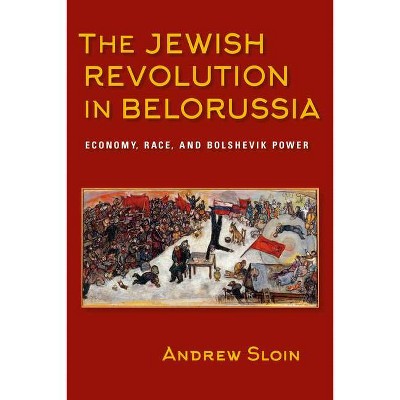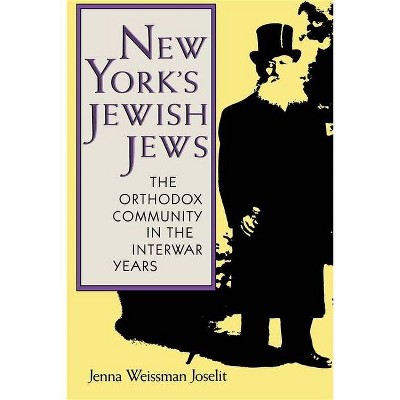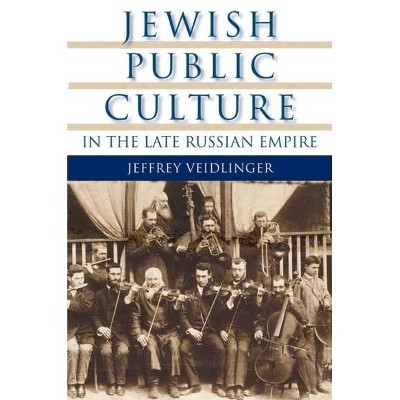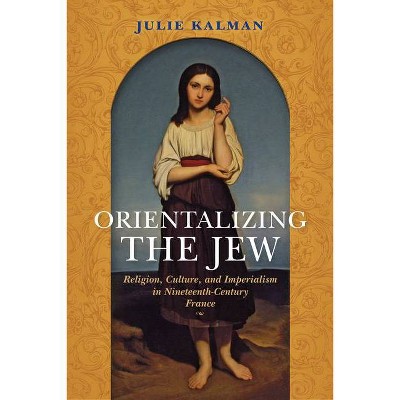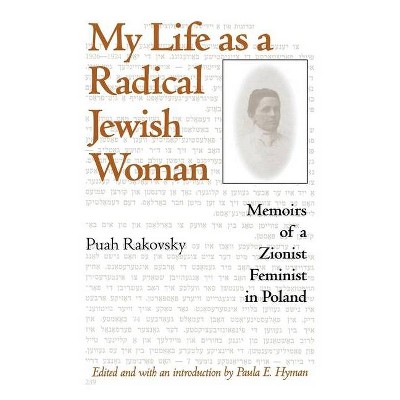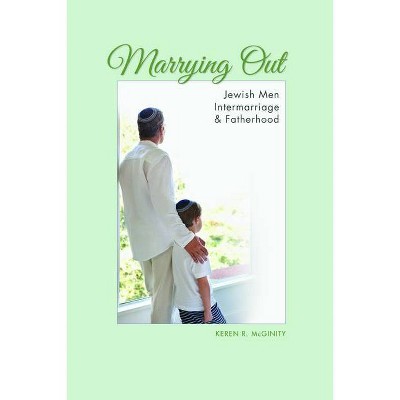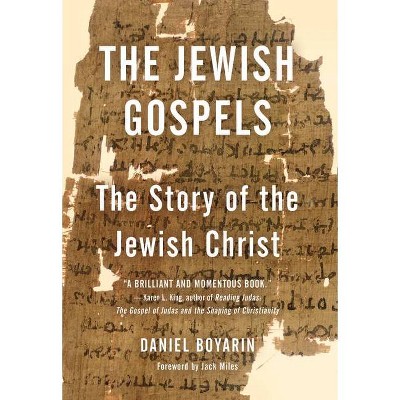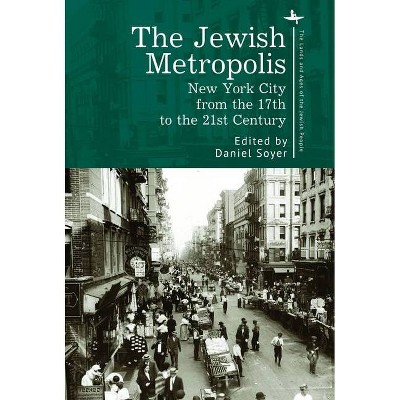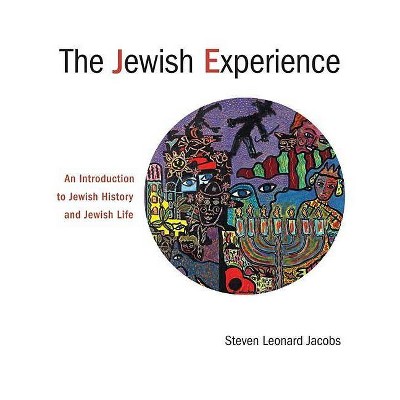The Jewish Origins of Cultural Pluralism - (Modern Jewish Experience) by Daniel Greene (Paperback)
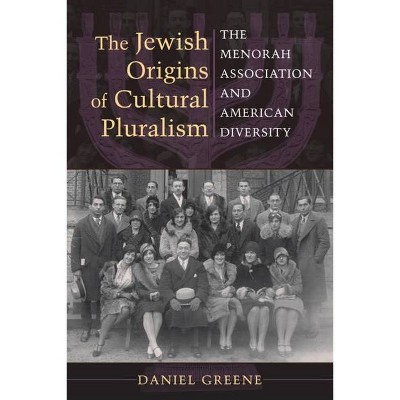
Similar Products
Products of same category from the store
AllProduct info
<p/><br></br><p><b> About the Book </b></p></br></br>In response to the idea that the American melting pot would erase all cultural differences, the Menorah Association advocated a pluralist America that would accommodate a thriving Jewish culture while bringing Jewishness into mainstream American life.<p/><br></br><p><b> Book Synopsis </b></p></br></br><p>Daniel Greene traces the emergence of the idea of cultural pluralism to the lived experiences of a group of Jewish college students and public intellectuals, including the philosopher Horace M. Kallen. These young Jews faced particular challenges as they sought to integrate themselves into the American academy and literary world of the early 20th century. At Harvard University, they founded an influential student organization known as the Menorah Association in 1906 and later the <i>Menorah Journal, </i> which became a leading voice of Jewish public opinion in the 1920s. In response to the idea that the American melting pot would erase all cultural differences, the Menorah Association advocated a pluralist America that would accommodate a thriving Jewish culture while bringing Jewishness into mainstream American life.<p/><br></br><p><b> Review Quotes </b></p></br></br><br><p>Greene makes out a good case for his contention that what happened to American Jewish college students is a good representation of what happened to American Jews generally during the early part of the 20th century. More significant is his analysis of cultural pluralism. These two elements of the book make for a useful addition to our comprehension of American Jewish history.</p>-- "Buffalo Jewish Review"<br><br><p>Greene recovers the lost efforts of the Menorah Journal association and demonstrates their shared interest in notions of pluralism. Hopefully this work will spark new conversations about the relationship between Jews, pluralism, and the United States in the past and the future.</p>-- "American Jewish History"<br><br><p>Greene's text has done a great service by placing the social lives of Jews like Horace Kallen back into our consideration of a crucial term in American intellectual life. Grasping the Jewish origins of 'cultural pluralism' allows us to better ground its abstract claims, and to understand its flaws as well as its possibilities.</p>-- "AJS Reviews"<br><br><p>In his excellent book, The Jewish Origins of Cultural Pluralism . . . Daniel Greene tells the story of [the Harvard Menorah Society] which spread from Harvard to campuses across the country and became the Intercollegiate Menorah Association in 1913 . . . But beyond that, Greene tells the tale of the birth and development of cultural pluralism, the idea that undergirded the Menorah Association. Cultural pluralism, emerging out of a small Jewish student movement, would shape the way Americans understood their diverse nation, and provide the intellectual basis for modern multiculturalism.</p>-- "Journal of Jewish Identities"<br><br><p>Private or public, school, synagogue or academic collections--if you are interested in the history and the formation of Jewish culture in America, the ongoing debate between the need for pluralism and the fear of assimilation, the differing ideologies and literature of identity formation--you must have (and read!) this book.</p>-- "AJL Reviews"<br><br><p>The Jewish Origins of Cultural Pluralism illuminates our understanding of American-Jewish culture and what we call the American experience. It is a grand study of the IMA's [Intercollegiate Menorah Association] enduring achievements. Vol. 63.1, 2011</p>-- "American Jewish Archives Journal"<br><br><p>This ambitious work . . . rewards the reader with a greatly enriched understanding of American cultural pluralism and the context that gave rise to it.</p>-- "American Historical Review"<br><br><p>This well-written text not only lays out the ideas associated with cultural pluralism as defined by Kallen and others but also offers readers an insight into the world of American higher education and its engagement and connection to the rise of Jewish intellectualism.</p>-- "Menorah Review"<br><p/><br></br><p><b> About the Author </b></p></br></br><p>Daniel Greene is Director of the Dr. William M. Scholl Center for American History and Culture at the Newberry Library in Chicago and a former curator and historian at the United States Holocaust Memorial Museum in Washington, D.C.</p>
Price History
Price Archive shows prices from various stores, lets you see history and find the cheapest. There is no actual sale on the website. For all support, inquiry and suggestion messages communication@pricearchive.us
